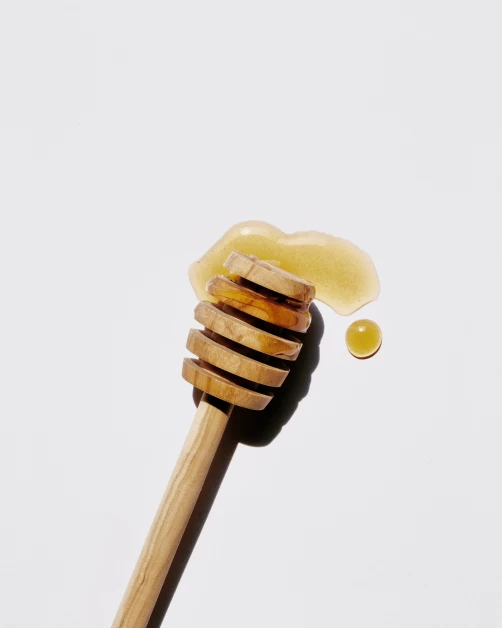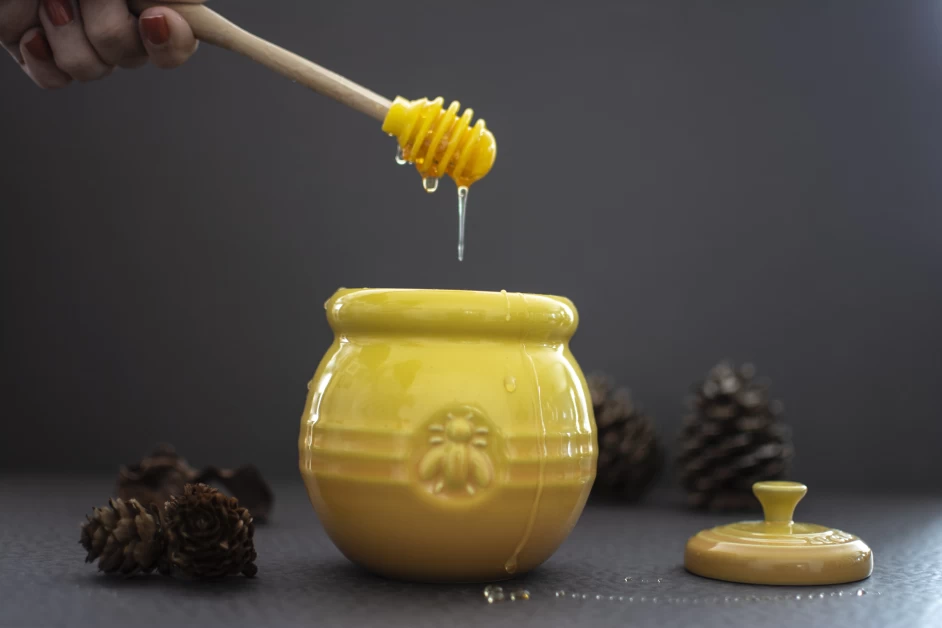Table of Contents
Manuka honey, native to New Zealand, has been cherished for centuries for its medicinal properties. This unique type of honey is renowned for its antibacterial and anti-inflammatory qualities, making it a popular natural remedy for various health conditions. In recent years, research has suggested that manuka honey may also hold promise in promoting joint health, particularly in aiding arthritis and reducing inflammation.
Understanding Manuka Honey
Manuka honey is produced by bees that pollinate the manuka bush, found in New Zealand and Australia. It stands out from other types of honey due to its remarkable antibacterial and anti-inflammatory properties, making it a sought-after remedy for a wide range of health issues.
The antibacterial effects of manuka honey can be attributed to a compound called methylglyoxal (MGO). The higher the MGO content, the more potent the honey’s antibacterial properties. Additionally, manuka honey contains flavonoids and phenolic acids, which contribute to its anti-inflammatory qualities.
To ensure the authenticity and quality of manuka honey, it is assigned a Unique Manuka Factor (UMF) rating. This rating measures the honey’s antibacterial potency, with a higher UMF indicating greater potency. The UMF Honey Association regulates this rating system.
Manuka Honey and Joint Health
For centuries, manuka honey has been utilized as a natural remedy for various ailments, including joint pain and inflammation. Its antibacterial, antiviral, anti-inflammatory, and antioxidant properties make it an appealing option for individuals with arthritis and other joint-related conditions.
Several studies have indicated that manuka honey can help reduce inflammation and alleviate joint pain, making it an effective treatment for arthritis. The presence of methylglyoxal in manuka honey has been shown to possess anti-inflammatory properties, which aid in reducing swelling and pain in the joints.
Moreover, manuka honey contains antioxidants that protect the joints from damage caused by free radicals. Free radicals are unstable molecules that can lead to oxidative stress, harming cells and contributing to the development of arthritis.
The antibacterial properties of manuka honey also play a crucial role in joint health. By preventing infections in the joints, manuka honey helps safeguard against further damage, which is particularly significant for individuals with arthritis.
Aiding in Arthritis with Manuka Honey
Manuka honey has proven beneficial in aiding arthritis and inflammation. Its anti-inflammatory properties and pain relief effects make it a natural remedy for individuals experiencing joint pain and stiffness.
Anti-Inflammatory Properties
Manuka honey’s natural anti-inflammatory properties effectively reduce joint inflammation caused by arthritis. This is primarily due to its high levels of antioxidants and antibacterial compounds, which minimize inflammation and facilitate healing.
Pain Relief Effects
In addition to its anti-inflammatory properties, manuka honey possesses pain relief effects that help alleviate joint pain associated with arthritis. The honey stimulates the body’s natural pain relief mechanisms, reducing pain and stiffness in the joints.
Manuka Honey in Reducing Inflammation
Manuka honey’s anti-inflammatory properties make it a valuable tool in reducing inflammation throughout the body. This is attributed to the presence of antioxidants and other bioactive compounds within the honey.
Antioxidant Benefits
Flavonoids and phenolic compounds present in manuka honey act as antioxidants. These compounds neutralize free radicals that cause oxidative stress and inflammation. By reducing oxidative stress, manuka honey effectively decreases inflammation in the body.
Promoting Joint Recovery
Aside from its antioxidant properties, manuka honey has demonstrated its ability to promote joint recovery. This is achieved by stimulating the growth of new tissue and reducing inflammation in the joints. Studies have shown that manuka honey can effectively reduce joint pain and stiffness in individuals with arthritis.
In conclusion, manuka honey offers promising potential in promoting joint health and aiding arthritis. Its antibacterial, anti-inflammatory, and antioxidant properties make it a natural remedy worth considering for individuals suffering from joint pain and inflammation. While further research is necessary to fully comprehend the effects of manuka honey on joint health, existing studies indicate its potential as a powerful tool in managing these conditions.

